RESOURCE
EQUIPPING CHURCH LEADERS EVENTS & SERVICES
MAY – AUGUST
SUMMER 2020
ILLINOIS BAPTIST STATE ASSOCIATION
TURNING POINT
How crisis brings opportunity
What comes next?
Nate Adams
Leadership lessons from another catastrophe
Chuck Kelley
+
Interactive pages:
Will Mancini’s 1:4 Grid
Back-to-school ideas for anytime &

Let’s all stay on mission.
Cooperative Program support is more important than ever.

As our churches seek to recover from the COVID-19 crisis, please remember those who share the gospel worldwide on behalf of Southern Baptists.

Checks for Cooperative Program may be mailed to: Illinois Baptist State Association 3085 Stevenson Drive Springfield, IL 62703
Or you may forward CP gifts online using your church’s SBC ID number at cpcalc.sbc.net/calc

Where
INSIGHT
2 Eric Reed Editor’s Note Turning on a dime Plus: Leader Life Devotional
3 IBSA Staff Directory
People who can help
32 Final Word
Take care of your soul
PLANNER
21 Calendar pages for Summer OK, we admit there’s a lot of blank space. Time to get creative.
EQUIPPING
27 Leadership training continues Preparing for missions mobilization
Plus: IBSA ministry services

ILLINOIS BAPTIST STATE ASSOCIATION
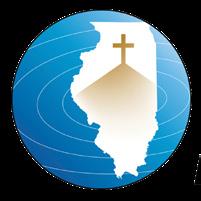
EDITOR
Eric Reed
DESIGNER

Kris Kell
SOCIAL MEDIA MANAGER
Lisa Misner
EDITORIAL CONTRIBUTORS
Meredith Flynn
Leah Honnen
Published three times each year, Resource provides new information about IBSA ministries, equipping opportunities, and services. This periodical is sent free of charge to church leaders. To request more copies for your leaders, contact Communications@IBSA.org. Resource is also available online at http://resource. IBSA.org.
For questions about subscriptions, articles, or events, contact the IBSA Communications Team at (217) 391-3119 or e-mail Communications@IBSA.org.
POSTMASTER: Resource is owned and published 3 times each year (Jan., May, and Sept.) by the Illinois Baptist State Association, 3085 Stevenson Drive, Springfield, Illinois 62703-4440.
SUMMER 2020
INSIDE
IBSA.org 01 6 WHAT
4 ways to frame the future
Adams 8 VALUABLE LESSONS FROM ANOTHER CATASTROPHE
we learned after Katrina will help now
Kelley 12 ROB PETERS ON THE CHANGE CYCLE
COMES NEXT?
Nate
What
Chuck
is your church on the emotional roller coaster? Scott Foshie 14 INSIGHT FOR LEADERS, FROM LEADERS
Finley,
Monda,
Nichols, Adron Robinson, and Sammy Simmons
TURN CRISIS INTO INNOVATION
Mancini offers a manageable system
The 1:4 Grid for plotting your next moves
Including Jill
Josh
Scott
17
Will
Ben Jones Interactive:
LEADER LIFE
After Exile
Read Ezekiel 20:40-42
God’s nation, divided, was carried into exile in several waves. But the story, throughout these cycles, was of one truth: a people who were called by God to be his own had spent too many years and lifetimes away from God. Only exile would bring them to their knees in repentance and eventually to their spiritual home.
Consider what happened to the people in exile: They entered exile as Hebrews; they returned as Jews. They entered exile as a spiritually unfaithful people; they returned as God’s people. They entered exile under a monarch; they returned seeking a Messiah.
ASK: How will we, today, be changed by the short-term exile of the church?
PRAY: Lord, as we move from isolation to a season of renewal, help us to return with fresh vision for your purpose in the world, and your purpose in us. Forbid that we should resume our old ways. Let us be challenged by time to cease the self-centered routine, time to examine our ways, time to hear from you.
Amen.
Time to pivot Y
ou can’t turn a battleship on a dime, they say. The same is true for a church. Denominations and local congregations are slow to change direction, but here, in this season, all our churches have made rapid and unexpected shifts. Now, the danger is that we will seek to return to ministry the way it used to be.

And if we do, the lessons of our exile will be lost.
This issue of Resource is dedicated to this season. Not summer, per se, but a season of adjustment and innovation. Many churches learned to offer online worship experiences in March and April—of necessity. We renewed contact with members in new ways and old-fashioned ways: we called them. And some of our churches leaned into community ministries wherever practical: making masks and delivering groceries, and praying, praying, praying.
What do we do next?
Ideally, we will take the lessons learned so far and let them spur us to new ministries. That’s the advice from Dr. Chuck Kelley. He led New Orleans Baptist Seminary in the years after Hurricane Katrina flooded the city, the campus, and threatened to wipe out their ministry. If you share his article with your leadership team, discuss his findings and compare them with your own. I think you will find his commitment to lead his team to create
new ways of doing ministry inspiring as you face into your own church’s next chapter.
And the tools in this issue may also help. Nate Adams gives an overview. I would like to add a word about one of these tools.
The Change Cycle developed by Rob Peters may look familiar. If you’ve studied the grief cycle, you will recognize the stages. As with grief itself, it is important to note that the emotional journey resulting from change is not a steady trek upward. There are ups and downs. In fact, there are also loop-de-loops and times of backward steps. But it’s all part of the journey. You may find it helpful to ask church leaders and members where they are in the cycle. Not everyone makes the trip at the same speed. And as the phases in the current crisis unfold, we may find there are yet more changes demanding emotional response and adjustment.
In all of this, I think the most important questions we can ask are these:
• What does our community need now?
• What doors is God opening for the gospel?
A leadership retreat very soon, even on Zoom, will be well worth the effort. It’s not time to return to normal. It’s time to turn toward the future.
Eric Reed, Editor
02 RESOURCE SUMMER 2020
DIRECTORY
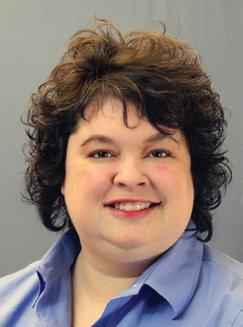
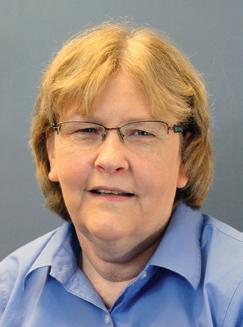
Executive
Operations Team

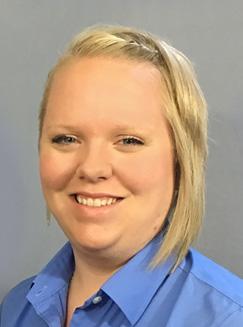
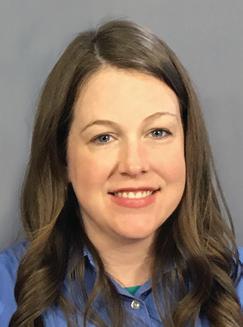
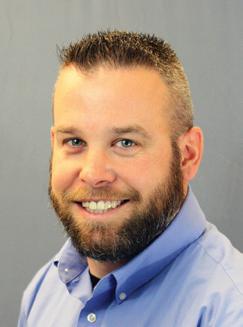
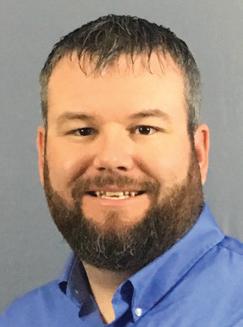
Communications
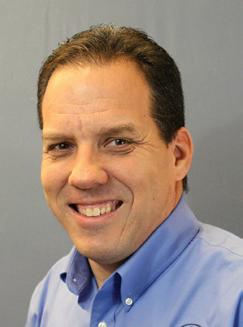
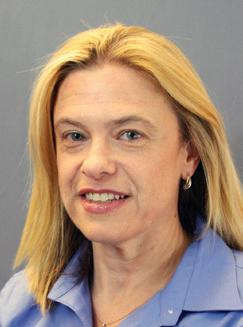


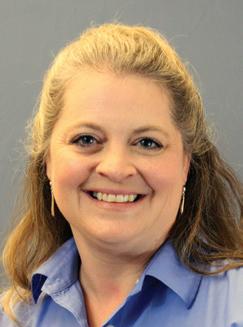
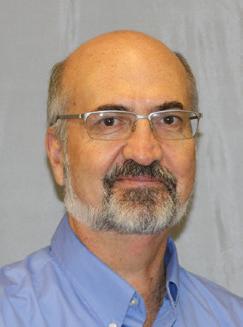

IBSA IBSA.org 03
391-3108 John
Engagement
(573) 247-5535
Team Nate Adams Executive Director (217)
Carruthers Church
Coordinator
Jeff
Administrative Director (217) 391-3104 Carole
Administrative Coordinator (217) 391-3113 Drew
& Technology Services Director (217) 391-3112 Kendra
(217) 391-3111 Ashley
(217) 391-3106
Deasy
Doom
Heironimus Information
Jackson Bookkeeper
Parsons Accountant
Illinois
(217) 391-3109
(217) 391-3127 Kris
391-3115 Lisa
Social Media & Public Policy Manager (217) 391-3119
(217) 391-3120
Team Eric Reed Administrative Director Editor,
Baptist
Leah Honnen Administrative Assistant
Kell Production Manager (217)
Misner
Meredith Flynn Content Manager Managing Editor Illinois Baptist
Barb Troeger Executive Assistant (217) 391-3107 Mark Emerson Associate Executive Director (217) 391-3136
Revitalization Team

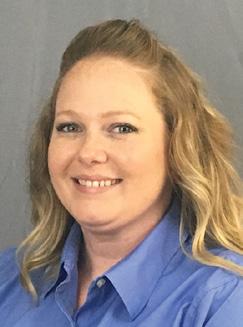
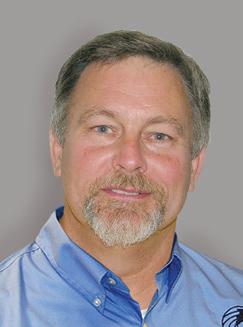
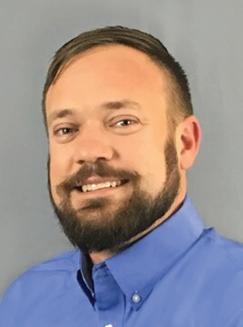
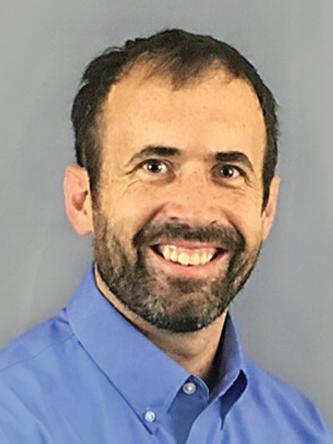





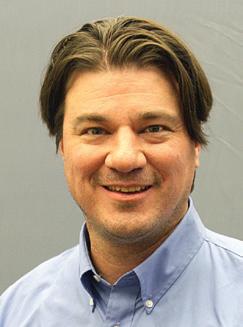
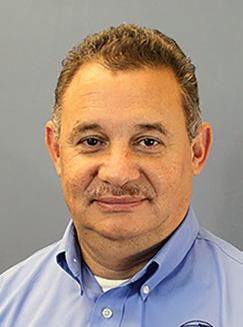
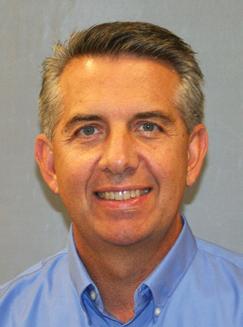
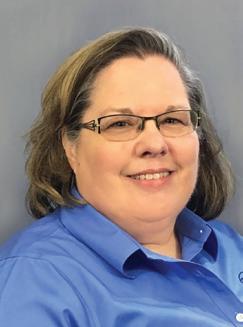
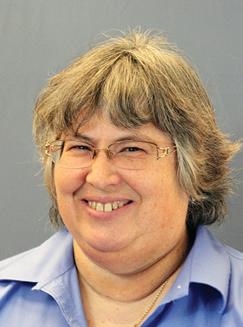
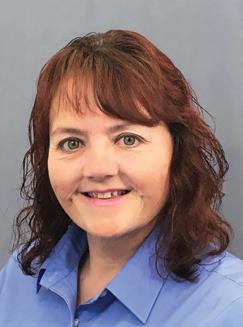

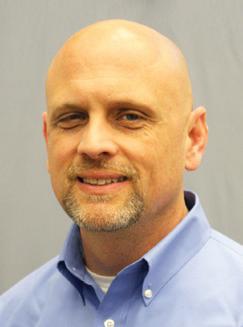
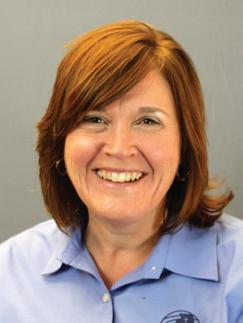
IBSA Camps
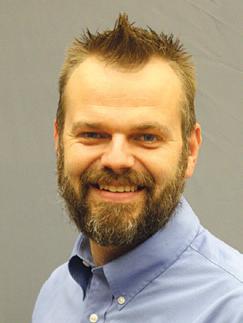
04 RESOURCE SUMMER 2020
DIRECTORY
Baptist
336-5272 Carmen
Leadership Development Director (217) 391-3143 Jack
Leadership Development Director (217) 391-3135 Mike
Streator Baptist Camp (815) 672-0084 Tammy
391-3124
391-3126
Leadership Development Team Philip Hall Manager Lake Sallateeska
Camp (618)
Halsey
Lucas
Young Manager
Butler Ministry Assistant (217)
Debbie Muller Ministry Assistant (217)
Tammy Ratsch Ministry Assistant (217) 391-3128
221-4173
697-1036 John
Region (312) 608-0349 Kim
391-3101
391-3137
Tim Bailey CP – Catalyst Northeast Region (814)
Jorge Melendez CP – Catalyst (630) 710-3106 Eddie Pullen Church Planting Director (618) 751-0695 Ken Wilson CP – Catalyst Central, Southern Regions (618)
Yi CP – Catalyst Northeast
Ayers Ministry Assistant (217)
Scott Foshie Revitalization Director (217) 391-3122 Linda Darden Ministry Assistant (217)
391-3131
Brad Lovin Administrative Director/Missions (217)
391-3123 Butch
391-3140
Mobilization Team Kevin Jones Church Planting Director (217)
Porter Disaster Relief (618) 499-2215 Aubrey Krol Ministry Assistant (217) 391-3138 Ben Jones Leadership Development Director (217)
Zone Consultants
494-1447
IBSA Zones 1-10
To e-mail IBSA staff, type the first and last name (no spaces) @IBSA.org.

Example: LisaMisner@IBSA.org
Local Associations
ANTIOCH (270) 816-5236
BAY CREEK (217) 779-7477
BIG SALINE (618) 252-1415
CENTRAL (217) 330-7593
CHICAGO METRO (773) 278-4400
CLEAR CREEK (618) 833-4481
EAST CENTRAL (217) 586-5599
FOX VALLEY (573) 579-8143
FRANKLIN (618) 439-3742

GATEWAY (618) 254-3953
GOSHEN TRAIL (618) 643-2937
GREATER WABASH (618) 847-3041
HEARTLAND NETWORK (217) 529-3429
KASKASKIA (618) 227-0001
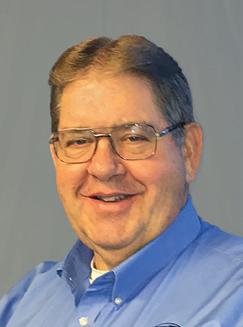
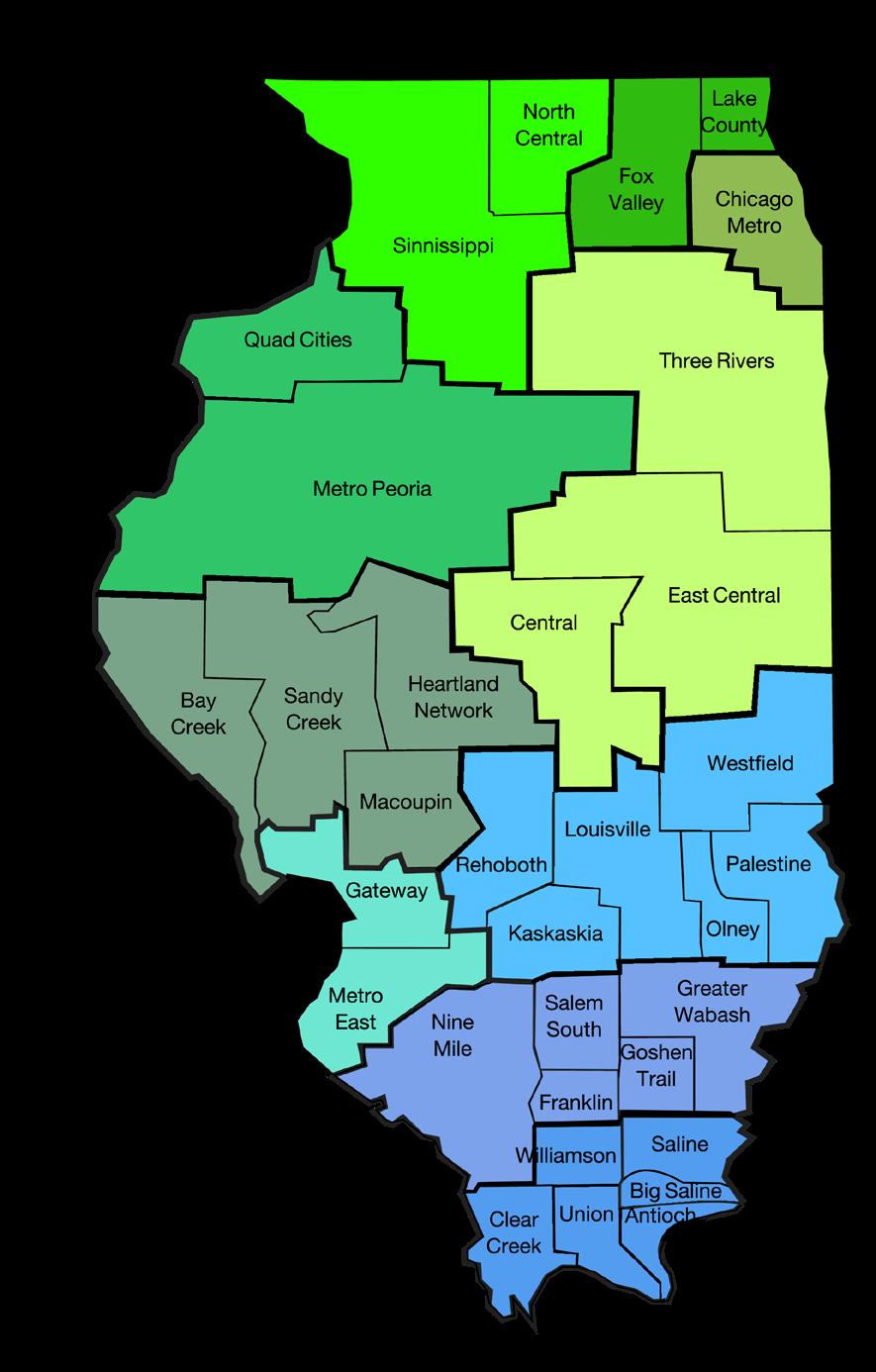

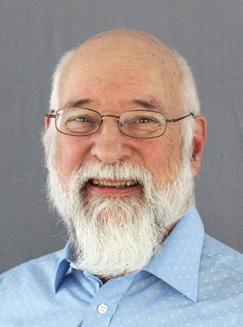
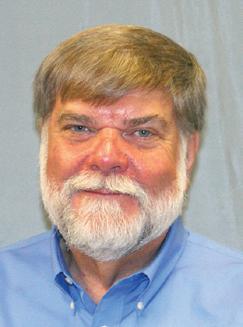
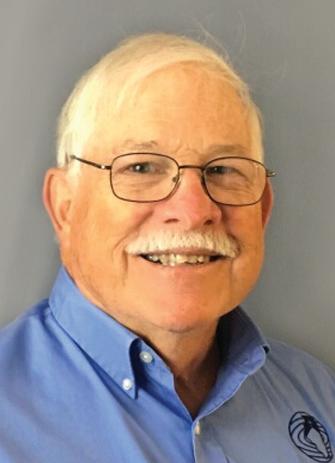
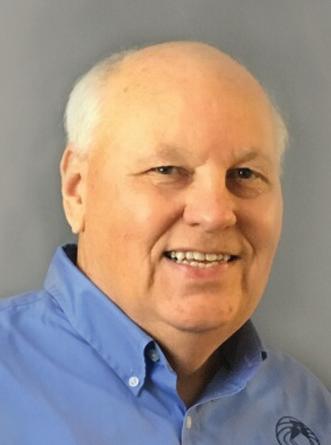
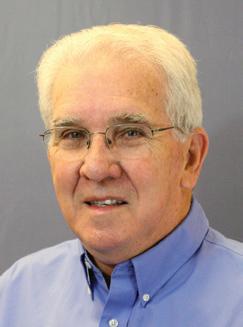
LAKE COUNTY (847) 336-3960
LOUISVILLE (618) 283-0842
MACOUPIN (217) 854-8279
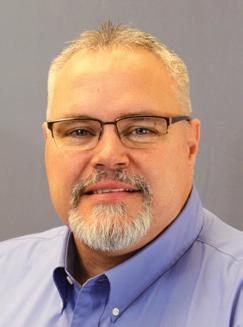
METRO EAST (618) 624-4444
METRO PEORIA (309) 633-5440
NINE MILE (618) 357-5171
NORTH CENTRAL (815) 633-6323
OLNEY (618) 392-7001
PALESTINE (618) 569-3189
QUAD CITIES (309) 221-4143
REHOBOTH (618) 283-0842
SALEM SOUTH (618) 242-7862
SALINE (618) 252-1440
SANDY CREEK (217) 882-2231
SINNISSIPPI (815) 440-2894
THREE RIVERS (815) 725-7361
UNION (618) 524-9738
WEST CENTRAL (309) 351-5499
WESTFIELD (217) 895-5214
WILLIAMSON (618) 993-6069
IBSA.org 05 DIRECTORY
Joe Oliver Zone 2 (847) 754-0356
Brian McWethy Zone 4 (815) 901-2767
Joe Gardner Zone 5 (309) 369-1403
Bob Evaul Zone 7 (618) 567-6170
Larry Rhodes Zone 8 (618) 972-5683
Steve Neill Zone 9 (217) 685-9184
1 2 3 4
6 7 8 9 10
Cliff Woodman Zone 6 (618) 946-5720
5
Pat Pajak Zone 3 (217)
Bryan Price Zone 1 (630) 908-0853
What comes next?
Four models for framing the future
by Nate Adams
It is always the job of a leader to look further down the road than followers. Others may live primarily in the here and now, or perhaps with only the immediate future in mind. But leaders must use the three words “what comes next” not just as a question, but as a reassuring statement: “This is what comes next…”
That does not mean the leader must be a future teller. But it does mean that leaders must be planners. Anyone can react, declare problems, and ask questions. Leaders must plan and offer wise direction. Anyone can see a little way down the road. The leader must anticipate or scout what lies around the bends and over the hills.
This is especially true during times of uncertainty, crisis, or danger. And that is where we find ourselves during the current Coronavirus pandemic. For pastors and church leaders, this crisis reveals that anyone can keep doing whatever we’ve been doing every week. Leaders must plan and adapt, so that the church can be led to survive and thrive during the crisis, and also to be ready for potentially new realities, after the crisis has passed.
How do we plan for something like a pandemic, that we’ve never experienced before? While this crisis may be unique, both in nature and proportion, there are proven, even biblical steps in crisis management and planning that broadly apply. Several of these have been created by Christian leaders with experience and training in this area.
To paraphrase Ed Stetzer, who helped author one of the following resources, pastors today shouldn’t merely be asking how to livestream worship services, or facilitate online giving, or continue serving their congregation long distance. We should be asking,
“How do we join Jesus on mission in this crisis?”
Answers to that overarching question can be found in creative, Spirit-led planning, the kind that leaders do when they look a little further down the road to discover what comes next.

06 RESOURCE SUMMER 2020
This tool describes crisis management in seven stages:
1. Shock 5. Experiment
2. Denial 6. Decision
3. Frustration 7. Integration
4. Depression
Those words alone help me as a leader understand what I am experiencing, and also anticipate what may be next. Leadership coach Rob Peters, who is working with IBSA on the church revitalization process, based this journey on the Kubler-Ross Grief Cycle. (There’s more on pages 12-13.)
Model 3: Ed Stetzer’s Phases
Another tool describes four phases:
• Pause and Pivot
• Prepare and Plan
• Engage and Execute
• Recover and Reemerge
I like this model because it doesn’t just tell us what to expect, it tells us what to do. The word pivot has become important to us at IBSA in this time. Already exploring ministry shifts to meet the needs of the future, we have found the need to move more quickly than denominations and churches usually do.
This tool is designed specifically for crisis management and planning in a church setting. During a crisis, it would be easy to turn inward and concentrate on the needs of the church body. This model, however, urges pastors and church leaders to look outward. There are six steps:
• Get organized
• Create a health team
• Develop a communication strategy
• Focus on community outreach
• Strengthen preparedness through collaboration

• Adapt to changing needs
All of these tools address the mission of the church. This tool, with community outreach elevated as one of its main points, causes us to ask specifically whether we are still fulfilling our calling through the crisis, or allowing the situation to cause mission drift.
This tool suggests drawing a grid, where the vertical axis is an 8- to 10-week period divided into three primary phases: Adjust (2 weeks), Invest (4-6 weeks), and Engage (2 weeks).
The horizontal axis challenges the church leader to focus planning on four primary needs during each crisis phase:
• Community
• Cause
• Communication
• Cash
I like this tool because it helps me think about the primary needs to which I might assign my strongest and most trustworthy leaders. Mancini is working with IBSA on a long-range planning process. Ben Jones is one of the IBSA Leadership Development Team members who has studied the Mancini framework. He wrote an article, including the 1:4 Grid, that may assist your future thinking. (See pages 17-20.)
NATE ADAMS is executive director of the Illinois Baptist State Association. Respond at IllinoisBaptist@IBSA.org.
IBSA.org 07
Model 1: Rob Peters’s Change Cycle
Model 2: Especially for Churches
R
Model 4: Will Mancini’s 1:4 Grid
From the eye of the storm

Lessons learned in another catastrophe
by Chuck Kelley
On August 29, 2005, Hurricane Katrina made landfall near New Orleans, creating the greatest natural disaster in the history of the United States. The levees protecting the city were breached, and 70% of the city, including the campus of New Orleans Baptist Theological Seminary, went underwater for weeks. The unprecedented devastation included thousands killed, tens of thousands displaced among all 50 states, countless businesses shuttered, no cell service for weeks, no power and no mail delivery for months. In the blink of an eye, life changed completely for the people of New Orleans and the nearby Gulf Coast.
Today a far greater catastrophe has come. The COVID-19 virus has changed life completely for our nation and the entire planet. As of this writing, hundreds of thousands have been infected on every continent. Tens of thousands have died. There is not yet a cure or a vaccine. To limit its spread, public gatherings, sporting events, and activities as basic as children going to school

and their parents going to work have been canceled. A devastating economic impact is rapidly unfolding. This crisis affects us all, everyone in the whole world.
As I look back on leading NOBTS through the Katrina disaster, I see what could be ahead for the church and its leaders in the aftermath of the Coronavirus.
1. There is a path forward. Never in my life had I felt so overwhelmed. Faculty, staff, and students were scattered in 29 different states, without access to the campus with its library, classrooms, offices, and housing for a year. Some 100 buildings on our campus had to be replaced, renovated, or repaired simultaneously. Normal income streams plummeted. Even the once-a-decade process to reaffirm our accreditation happened to be scheduled in the midst of this chaos, of all years. But God always provides a path forward.
08 RESOURCE SUMMER 2020
Ten days after the levees broke, our faculty and leadership teams gathered with little more than the clothes on our backs. We wept. We prayed. We worshipped. And then we went to work. In two days, the leadership team found a way to continue operations from Atlanta while the campus was being rebuilt. The faculty team found a way to continue teaching every single course we offered without classrooms, a library, or offices. I found a way to have a December graduation in Birmingham, Alabama.
When we all came together and shared our plans, all agreed: NOBTS would entirely reinvent itself and keep teaching. The shock over the disappearance of “normal” is unavoidable. However, shock is just a fence to climb over. When you get on the other side of shock, you will discover God makes a way forward. Always.
2. When everyone is overwhelmed, everyone knows change is both necessary and inevitable. The director of missions for New Orleans gathered the pastors of the city together after the storm. He began the meeting with a profound insight that changed the perspective of everyone in the room.
were: What do these circumstances require the church to do? Who do they require us as Christians to be? What opportunities do these circumstances create? Although catastrophe does steal, often forever, the way things were, it also brings the opportunity to correct, to do things differently, to start anew.
People are more ready to move ahead than you might think because catastrophic circumstances reduce the resistance to change.
Three questions crisis raises:
3. You will eventually discover that the future requires what you learned in the chaos of losing what you took for granted. Whether you like change or not, catastrophic events force changes upon us. What I did not realize at the time was the significance of the Katrina changes for the future.
What do these circumstances require the church to do?
Who do they require us as Christians to be?
What opportunities do these circumstances create?
Dr. Joe McKeever reminded the men of how often they dreamed of what they would do if only they could start their churches all over again with a clean slate. “Congratulations, men!” he said. “That day you longed for and dreamed of is here!”
What a terrific insight!
The grief, anger, fear, and despair brought on by catastrophic loss are real and life-altering. However, buried in the midst of catastrophic loss is a seed of opportunity for a fresh start.
Without exception, every church in New Orleans began doing church differently. The questions driving change
Online instruction was in its infancy when Katrina hit. Katrina forced us to push the limits of what subjects were appropriate for online classes to address. We learned to incorporate online components and non-residential instruction in teaching our whole curriculum. Music or counseling courses were thought to be impossible to teach via the internet, until we had no choice. Without classrooms, we created cyber-classrooms and individualized instruction for students, located in 29 states, in every degree program we offered.
Fifteen years later, when the COVID-19 virus made it impossible for students in any school setting to gather, it seemed obvious that the whole world of education, from children to adults, should shift primary delivery to the internet. Doctors, lawyers, professionals, and business owners are joining teachers in creating ways to use the online world to keep working.
Continued on p. 10
IBSA.org 09
People are more ready to move ahead than you might think, because catastrophic circumstances reduce the resistance to change.
Continued from p. 9
Catastrophe makes you work desperately hard to innovate and create what has never been done before. Surprisingly, yesterday’s emergency innovation has a way of becoming tomorrow’s standard practice. What looked and felt like a chaotic, uncertain response to the catastrophic circumstances after Katrina was actually a glimpse into everyone’s future.
4. Beauty and order are more important than they seem. Few things surprised me more than the discovery of the powerful impact of beauty and order on the human experience. The seminary neighborhood was one of the most devastated areas of New Orleans. The water that flooded our entire campus and neighborhood was saltwater, killing every bit of grass and wreaking havoc with landscaping. When power was finally restored in January, I brought a few families back with me to begin the slow process of reopening the administrative offices of the seminary.
Being surrounded by so much destruction took a toll on morale.
Although it was very expensive, I decided to replace the dead grass and dirt with green sod rather than simply planting seed and waiting for the grass to grow. The effect of the bright green grass on the morale of our restart team was immediate, as in that very day. Faces brightened, men and women laughed again, and everyone had a spring in their step. Within two days, neighborhood people were coming to our gate and asking if they could drive around the campus to look at the grass. Its vibrant green broke up the gray muck of our neighborhood, inspiring hope that things would get better.
Your surroundings do make a difference. The presence of beauty and order lift the spirits, whether consciously noticed or not. Their absence discourages. As life resumes following the shelter-at-home period, this principle may
need to be applied to church facilities. Everything will look different when we return.
5. The loss of nearly everything reveals the true value of what you have left. Songwriter Kris Kristofferson wrote: “Freedom’s just another word for nothing left to lose.”
The floodwaters of Katrina took away homes, family photos, and heirlooms, along with the necessities of everyday life—furniture, dishes, towels, sheets, electronics, toys—gone in an instant. When NOBTS families dressed in hazmat suits to salvage what they could, there were tears aplenty and deep, deep sadness all around. But what I heard over and over again was “Thank God we did not lose what mattered most.”
Catastrophic loss brings a freedom unlike any other. Having nothing left to lose means you have everything to gain. Perceptions of what is truly valuable are altered, reordering priorities so deeply buried under the activities of a busy life that their place is rarely noticed or evaluated.
Consider profound loss to be a permission of sorts, encouraging you to start fresh and put in order the issues of greater importance and those of lesser importance.
6. The deepest impact of a catastrophic event will probably surprise you. If you asked me one week after Katrina to identify the most difficult challenge the devastating storm created for New Orleans Seminary, I would have immediately answered: the scale of its destruction. How could we rebuild an entire seminary campus at the same time?
That turned out to be the easiest problem we faced. If asked the same question a year after the storm, I would have immediately responded: How do you get all those images of Katrina’s destruction out of the minds of
10 RESOURCE SUMMER 2020
Consider profound loss to be a permission of sorts, encouraging you to start fresh and put in order the issues of greater importance and those of lesser importance.
people you are recruiting to come to New Orleans for theological education? However, five years after the storm, if you asked that same question one more time, I would have immediately answered: its lingering effects on those who went through the experience.
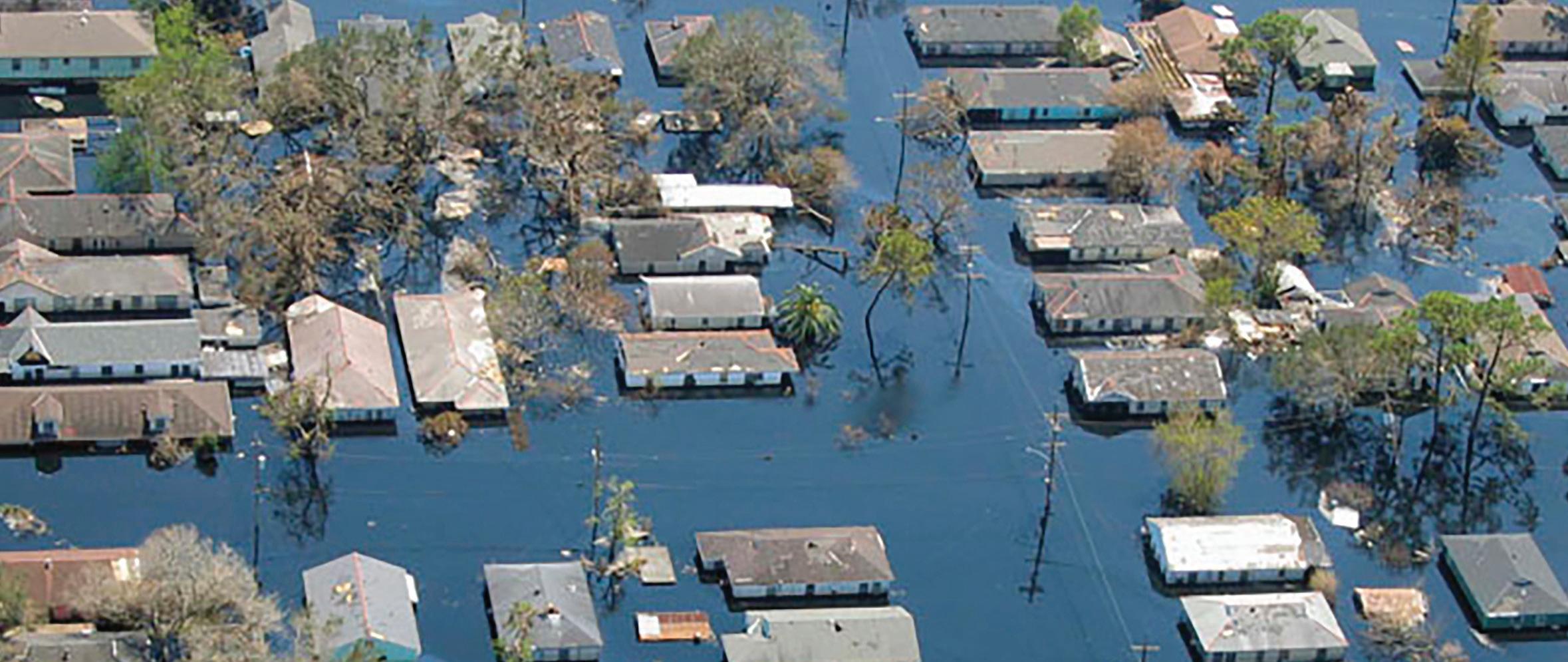
The impact of trauma on the human soul tends to be long and deep, in ways that are not always apparent. For example, the radical innovation necessary to operate the seminary remotely for a year created in many a deep hunger for tradition and a serious resistance to change. Going from a tightly knit community with faculty, students, and staff all living together on campus, to being scattered across the country and seeing each other rarely for 12 months, altered the fabric of the campus community in subtle but distinct ways.
The enormous energy and time required for families to rebuild households from scratch, all while serving as key leaders of churches whose members were also having to rebuild their lives, was a steady drain on the spirit.
The bottom line: Extended changes in the routines of life and work are likely to have an extended impact on the way people live and work. The end of the crisis will not be the end of the effects of the crisis on many of us.
7. The most important lesson that I learned, one that I cherish to this day, is profoundly simple: Do not be afraid! Never in my wildest imaginations could I conceive of an event as dreadful as Hurricane Katrina. The death, the destruction, the loss, the pain, the
despair: emotions that I had never experienced to that degree before, and problems for which I could not conceive solutions, rocked my world at a depth in my soul that I did not know existed. However, my Katrina experience is not about what I lost. It is about what I gained.
I gained an unshakable certainty that God is able to guide me, carry me, and sustain me through whatever life brings my way, no matter how terrible or overwhelming it may be.
Katrina was worse than my worst nightmare, but the Lord carried me through. We rebuilt the seminary and our lives.
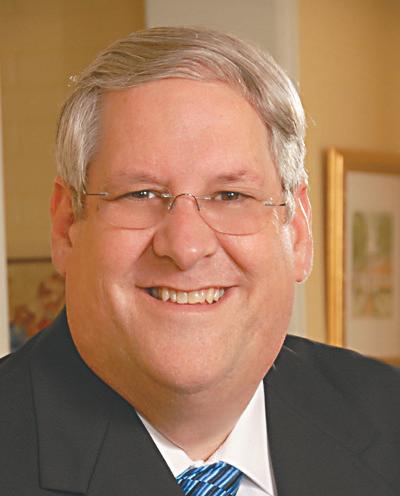
Do not be afraid. Do not be afraid of the COVID-19 pandemic ravaging the world in 2020. Do not be afraid of anything at all. Our God is able to care for you. Nothing we face ever makes him nervous. The parting of the sea as the Israelites fled the Egyptians, the protection of Daniel in the lions’ den, the raising of Jesus from the dead: all are illustrations of this simple but profound truth. Do not be afraid.
Your Heavenly Father is able to care for you. What he has done for me, he will do for you!
IBSA.org 11 R
Dr. Chuck Kelley retired in 2019 after 23 years as president of New Orleans Baptist Theological Seminary.
Riding the emotional roller coaster
This cycle eventually points the way upward
by Scott Foshie
W
hen we experience a major crisis, we are often focused on immediate needs for ourselves and for those we are caring for. There is a “panic” reaction that causes us to make sudden adjustments. Many of us have had to make such quick, painful adjustments over the last few weeks as we faced the realities of COVID-19.
Leaders need to be aware of the emotional changes happening internally as we make rapid adjustments affecting many lives (including our own). “During challenging times, leaders know self-care and team care are of utmost importance,” said Rob Peters, former pastor and founder of Corpus Vitae, a church revitalization ministry. “If you or your team members become burned out, spent, or overwhelmed, you will be no good to the others you serve.”

CHANGE CYCLE
FRUSTRATION
DENIAL
Disbelief;
Recognition that things are different; sometimes angry
DEPRESSION
Low mood; lacking in energy
12 RESOURCE SUMMER 2020
or shock at the event
SHOCK Surprise
looking for evidence that it isn’t true
Peters cites the Kubler-Ross change curve (pictured below) to understand the stages of emotion a person experiences when they process a traumatic event, such as the death of a loved one. The stages of emotion captured by Kubler and Ross, often referred to as the grief cycle, can also be applied to leaders responding to the rapid developments related to the COVID-19 pandemic.
“The change curve is a popular and powerful model used to understand the stages of personal transition and organizational change,” Peters says. “It helps you to anticipate how people will react to change, so that you can provide what they need to make their own personal transitions. And you can make sure they have the help and support they need through the crisis.”
Peters encourages every leader to take time with a trusted friend to assess where they are in the stages of emotional change. Then you can develop a plan to move forward into the experiment, decision, and integration stages of the change curve.
“When you learn to work in the new circumstances of your situation, you begin to feel more positive,” Peters said. “God then uses the adjustments you’ve made in your life and ministry to help you to emerge from the challenging circumstances as a renewed, growing individual. These positive changes can also translate across the entire ministry team you lead.”
Through his church consulting and revitalization ministry, Peters has developed and released a free resource, ReThink, that is available to all IBSA leaders free of charge.
 director.
director.
ScottFoshie@IBSA.org
Changes
IBSA.org 13 EXPERIMENT Initial engagement with the new situation DECISION
how to work in the new situation; feeling more positive INTEGRATION
Learning
integrated; a renewed individual
SCOTT FOSHIE is IBSA’s revitalization
R This document and an accompanying webinar are available on IBSA’s Church Helps page. IBSA.org/church-helps
TRYING TIMES TRY LEADERS
4
tactics for leading through crisis
Compiled by Meredith Flynn
hese are the times that try men’s souls.” Many have equated today’s Coronavirus pandemic with the tumultuous time in history Thomas Paine chronicled when he wrote those famous words. Paine’s memorable line was about the American Revolution. The current battle is different, but the effect on the souls of men and women is similar. These are trying times indeed.
The church has hope, though, both in the redemptive power of the blood of Christ, and in his promise to build his church. Church leaders have a unique opportunity to brandish that hope for all who need it.
“And now, again, is the minister’s time; and now is the time for all of you who love souls,” Charles Spurgeon wrote amid a cholera outbreak
in 1850s London. “You may see men more alarmed than they are already; and if they should be, mind that you avail yourselves of the opportunity of doing them good.
“You have the Balm of Gilead; when their wounds smart, pour it in.”
Across Illinois, churches and leaders mobilized quickly to address unique challenges brought on their congregations and communities by the Coronavirus pandemic. Several of those leaders shared principles for leading in crisis times—times that often reveal the character of a leader, said one Illinois pastor.
“I’m a firm believer that what’s inside a person comes out in times of trial,” said Adron Robinson, pastor
Pray regularly and with someone else
Every Monday morning, you will find me sitting in a rocking chair in the nursery of our church with my Bible and my prayer journal. Facing me in a rocking chair of her own is my prayer partner, Paulette, with whom I have had a standing appointment on Monday mornings for almost 10 years now.
There in the safety of the dimly lit room, I am able to share what’s on my heart: the burdens I am carrying for others, fear of failure, disappointment and discouragement that come with leadership, and my own battles within.
of Hillcrest Baptist Church in Country Club Hills. “Crisis tends to expose the contents of our heart.”
That’s why leaders must prioritize following Jesus, Robinson said. Others, even people in crisis, will follow that lead.
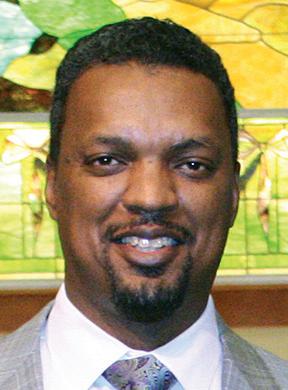
“We can only pass on what we are receiving ourselves,” Robinson said. He urged church leaders to make sure their devotion times are strong and their prayer times are frequent. “I can definitely see God using this crisis to shut out all the distractions, all those things we’ve put before him, even those idols we’ve laid up in our hearts.”
Robinson’s fellow leaders in Illinois echoed his call for personal discipleship, and for clarity and faithfulness in the days to come.
As I begin to confess aloud what is in my heart, I am sure of three things: (1) Paulette can be trusted to keep my confidence, (2) Paulette is steeped in the word of God and her counsel comes only from the truths in Scripture, and (3) Paulette is a true intercessor. She is a prayer warrior!
Don’t let the sweet décor and cribs fool you; that nursery transforms into a battlefield as we begin to wage war in prayer asking God to grant wisdom and vision, to break strongholds, to heal marriages and homes, to deliver those held captive by addiction, to comfort those who are grief stricken, and to soften
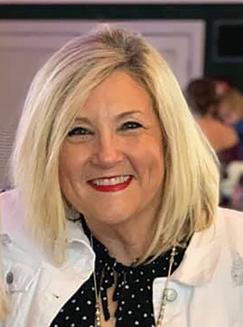
14 RESOURCE SUMMER 2020
“T
Adron Robinson
Jill Finley
Lead with a clear conscience

I must have missed the seminary class on how to lead a church through a pandemic. These are indeed unique days in which we find ourselves.
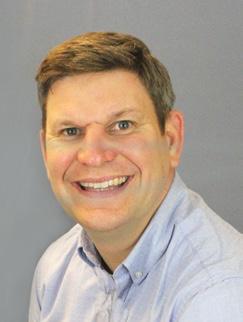
As leaders, we can be susceptible to fear, depression, and doubt. We can wonder if we have led correctly or appropriately. We can second-guess decisions and sometimes overthink how to minister effectively to our flock. We can be fearful about whether we will have to shut the church doors, if we will have finances to weather this pandemic, and whether the church people will come back to church when this virus is over.
Sometimes we can even get attacked with friendly fire that questions how we have led or the decisions that we have made.
All of these fears and questions can easily cause us to lose sleep, lose our appetite, and just lose faith. If we are not careful, instead of leading by following God’s call and vision, we can lead out of fear, or just not lead at all.
I believe God doesn’t want fear to be our motivating factor, but that trust and faith in him should be what directs us. I think God wants us to lead with a clear conscience. When we have a clear conscience, we are able to sleep at night and rest, knowing he is in control regardless of the outcome.
In making decisions for what to do during crisis moments like this, I try to gather a group of godly, wise leaders to help us weigh the possible options. In our setting, these men often include staff members and deacons. In these meetings, the ideas I come to the table with always get tweaked, improved upon, and sometimes even turned down. However, at the end of the meeting, I believe we end up with a Spirit-led, team-directed decision that is always better than if I would have made the decisions on my own. Then, I try to let my theology kick in to help with any fears and doubts that may creep in.
As we enact our plan and approach, I remind myself that God is still on the throne, that God can take care of the birds and the lilies and surely take care of his church, and that I am doing the best I can with what I believe God desires for me to do in the place he has put me.
The hope is that my theology of God’s goodness and sovereignty will allow me to go to bed with a clear conscience. Having sought the Lord, having sought godly wisdom, and by doing the best I can, I simply must trust God.
Sammy
hardened hearts. Many tears are shed on that battlefield, but many victories are won!
At the close of each prayer time, I am reminded I cannot do this alone. Like Moses needed Aaron and Hur to hold up his arms when they grew heavy, I need a prayer warrior holding me up as I lead. As leaders, we are tempted to succumb to the pressure of looking like we have it all together, but the reality is we need the support of a trusted intercessor who understands the battles we face, and stands ready to lift our arms in battle. Every leader needs an Aaron and a Hur…or in my case, a Paulette.
– Jill Finley,
women’s minister, Bethel Baptist Church, Troy

IBSA.org 15 Continued on p. 16
“At every crisis in one’s life, it is absolute salvation to have some sympathetic friend to whom you can think aloud without restraint or misgiving.”
– Woodrow Wilson
–
Simmons, pastor, Immanuel Baptist Church, Benton
Sammy Simmons
“Help me, Lord, to remember that religion is not to be confined to the church…nor exercised only in prayer and meditation, but that everywhere I am in Thy Presence.”
– Susanna Wesley
Trust in God’s sovereignty
When I think of leading through crisis, my thoughts immediately go to Jesus. After all, if we are honest, we know that Jesus was, first, the greatest leader ever to walk the face of the earth, and second, he led through crisis. I can’t think of a more significant crisis than knowing you came to die on a cruel cross to take away the sins of all who would believe.

Of the many principles we can learn from Christ to guide us in these times, I want to share one: trust in God’s sovereignty. It’s a vital lesson I saw at work when a tornado swept through our town shortly after I arrived in a new pastorate.
We often like to focus on the sovereignty of God when it is convenient. But what about when we’re in crisis? Does God somehow lose his sovereignty in a crisis? Do things spin out of control from his standpoint? We would do well to remember there has never been a time that God was not in control, is not in control, or will not be in control.
Jesus lived his entire life relying on the sovereignty of God the Father. From an early age, when found in the temple as a boy by his parents, he said: “Didn’t you know that it was necessary for me to be in my Father’s house?” (Luke 2:49). Later, Jesus made it clear he came to do the will of the Father (John 6:38). At the end of his life, Jesus prayed in the Garden of Gethsemane after asking for the cup to pass from him, “Not my will, but yours be done.”
Jesus knew God was sovereign. His mission was laser-focused: do the will of the Father. In the midst of crisis, rely on God’s sovereignty and be laser-focused to do his will. Only then can we truly understand that he is in control in the crisis, and it is ultimately for our good and for his glory.
Lead with clarity and conviction

They canceled March Madness, my kid’s school, my job, and my church! The news fell like hammer blows, one after another. Everything we depend on has become uncertain—health, jobs, income, and the church we love.
Scott Nichols
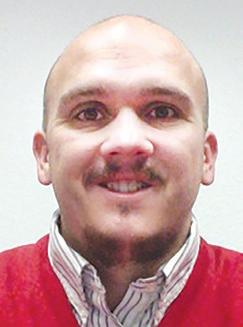
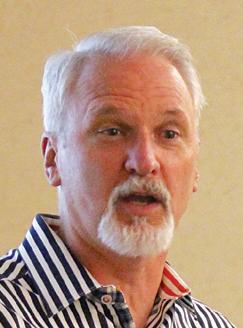

I was caught off-guard by the torrid pace of developments. I’m thankful for decisive action, but I still must deal with our new reality—likely for several months. What we believe is on display now. For our church, the gospel is top priority. So, the first question we asked was how we could extend our gospel reach during this crisis. COVID-19 changes nothing about the Great Commission. In fact, we face unprecedented gospel opportunity right now. Let’s seize it!
And let’s communicate clearly. In fact, overcommunicate to the church family. Send emails, letters, cards, texts, Facebook messages, Instagram posts, phone calls, and whatever else is needed to stay in close contact with our people, who are flooded with contradictory information. Communicate accurate and useful information from reliable sources.
Be bold about the church’s need during this time—ask and you will receive. Above all, deliver our unshakable faith in an ever-present, all-powerful father in heaven (Psalm 46).
“Your job isn’t just to react to what’s happening, it’s to lead people in light of what’s happening. That means you need to check your emotions and do what’s best for others, not just you.”
– Carey Nieuwhof
16 RESOURCE SUMMER 2020
– Scott Nichols, pastor, Crossroads Church, Carol Stream/DeKalb
MEREDITH FLYNN is managing editor of the Illinois Baptist MeredithFlynn@IBSA.org
– Joshua
Monda,
pastor, First Baptist Church, Washington
Joshua Monda
“Whether God brings upon us a famine, or a war, or any calamity whatsoever, he does so out of his exceeding great care and kindness.”
– John Chrysostom
I CHARTING INTENTIONAL CHANGE
read that to say “nobody likes change” isn’t accurate. What nobody likes is change that someone else forces upon them. Most people like change that they get to choose for themselves. People like to change their furniture, change their hairstyle, or “change” out an old car for a new model. It’s the lack of choice in the face of change that we often resist, but sometimes there’s no resisting.
As pastors and churches, the COVID-19 pandemic forced immediate changes upon us, and the only option was to react to the new normal. Churches large and small, all across the state, responded and adjusted marvelously. But as we settle into a somewhat comfortable new rhythm of ministry, if we’re not careful we’ll simply be waiting this out until we can get back to “the old normal.”
By all estimates, the “old normal” is not coming back.
Attendance and giving patterns, as well as ministry needs and expectations, will be different in the coming months and years. Every church needs to be strategically planning for what must change to be a thriving church in “the new normal” that’s coming.
by Ben Jones
How does a normative church (average size) go about managing ministry in an ever-changing present, while strategically looking to the future? This is not a simple task, but what follows is an overview of a process from Will Mancini that we’ve found helpful. Mancini is a former pastor and now consultant for ministry and industry, leading vision planning and innovation. He is the founder of Auxano, and author of Younique, a series of products to guide planning. Mancini is consulting with IBSA in a long-range vision process.
Mancini applied the system and a vision process chart to the current national crisis in a webinar series called “From Frantic to Framework.”
First, gain clarity on the duration of the crisis your church is facing. To prepare for a blizzard requires one level of planning and urgency, while

IBSA.org 17
on p. 18
Continued
You can move from crisis management to new vision for ministry
preparing for winter or even an ice age requires much more drastic and extensive plans. The present situation hit like a blizzard, but is going to have effects of greater significance than a short disruption to church programs.
Second, realize that the reality of the present crisis requires three levels of planning, or three sequential phases: Adjust, Invest, and Engage. Each sequential phase involves a necessary shift in how we think about what we are planning to do each week, but the action areas remain the same. These four areas of action are Community, Cause, Communication, and Cash. We’ll refer to them as the 4 C’s.
So, let’s take a look at each of the three phases and talk through what we mean by our 4 C’s. (This is called the 1:4 Grid—one phase and four areas of action. See the chart on page 19.)
Phase one: ADJUST
The first phase begins when the crisis hits. This is the battle for the mind. Your job as a leader is to help your congregation interpret the crisis. Their minds need to be calmed and focused on the present care and control of Christ. They need to know that during this crisis they can trust you, the church, and ultimately God.
For our present crisis, the Adjust phase began when recommendations and mandates required limiting gatherings, and eventually “shelter-in-place” orders, were published. Leaders began confronting this reality: How does the church carry out its biblical purposes when it cannot physically gather, even in the smallest of groups? It will be important to gather a team of 3-5 key leaders to help form and execute weekly and long-range strategy. The planning goals during this phase, as in each phase, should focus on the 4 C’s.
1. How will the church facilitate Community? How is our church gathering for worship and gathering for Bible study, prayer, and mutual encouragement?
2. How will the church help people live out their Cause? The crisis brings new mission opportunities for the church to be the hands and feet of Christ. How will we help people live on mission now? For example, how can we connect real needs in your community with people ready to meet a need?
3. What is our plan for Communication with the congregation? What combination of methods will we quickly adopt to ensure that our people are informed, checked on, reassured, encouraged, and led?
4. And last, Cash: We need an immediate strategy for how we will receive financial contributions, how we will communicate giving methods, and what actions may need to be taken given the reality of short-term or long-term reduction in giving. We should begin reviewing the budget and discussing what short-term and long-term cuts might be needed depending on differing financial scenarios.
Depending on a church’s preparedness to adapt, the Adjust phase may last from one week (for churches with staff and technology in place) up to several weeks (for single staff churches or those with greater gaps to fill in technology). The decisions made and strategy put in place for the Adjust phase may or may not stay in the long-term plan. Some of the methods and ideas may stay, but the strategy will change as needed. This naturally leads to thinking about the second phase.
Phase two: INVEST
This is the battle for time. While the first phase is more of an essential reaction, the Invest phase is a conscious decision by the leader to lead himself and the church to emerge out of the disruptive crisis as more focused and effective disciples of Jesus. It reflects Paul’s words in Ephesians 5:15-16 to redeem the time because the days are evil.
In this phase the leadership focus must shift from thinking only about the day to day and the next Sunday, to investing serious thought and energy to shifting paradigms and creating new ministry strategies.
There is a second shift in thinking during the Invest phase. During the Adjust phase, the focus was wide, trying

18 RESOURCE SUMMER 2020 Continued on p. 20
Here’s a grid to simplify the adjustments needed in a complex season—and make wise plans the future.
Leading now will take prayer, wisdom, and guidance—also strategy, innovation, and risk.
This chart identifies 3 sequential phases and 4 areas of action 1:4

IBSA.org 19 COMMUNITY CAUSE COMMUNICATION CASH ADJUST INVEST ENGAGE GROUND AIR
GRID
to communicate to and connect with as many church members people as possible. Now comes the need to shift a large percentage of leadership time to investing in the 20% of your congregation who has shown they really want to grow in their faith and help others grow too.
Again, the leader should be working with a team of 3-5 to shift the Adjust strategy to accomplish the 4 C’s with the church’s entire reach (think attenders or whole congregation). But, it’s also important to create a parallel strategy to accomplish the 4 C’s through investment in the more devoted and interested people.
A simple way to think about this is “what will we ask of/communicate to everyone” versus “what will we ask of/communicate to targeted ones?” As before, work through each of the 4 C’s.
1. Community: How will we continue to offer and improve our worship services and online Bible communities? What will we create or adapt to help growing disciples make disciples of others?
2. Cause: How do we continue to keep our whole congregation thinking about the mission of Jesus and looking for ways to live it out in the present environment? How do we more heavily invest in growing leaders and church members to deepen their understanding of and commitment to the mission of Jesus and the mission of our church?
3. Communication: How will we reduce the frequency of communication from the senior pastor and supplement with strategic communication (calls, video devotionals or teaching, blogs) from other key leaders in the church, to build and widen the level of disciple-making and care?
4. Cash: How can we strengthen participation in recurring online giving, resulting in stabilized giving patterns? How are we creating financial margins to fund ongoing needs that have arisen in our congregation? How are we reimagining budget items to create a plan if giving levels are reduced for months?
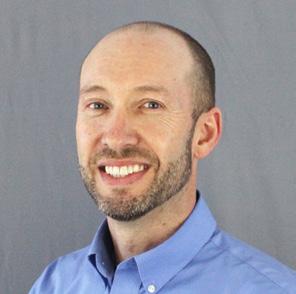
The Invest stage might run 4-6 weeks. This is an opportunity to innovate, try new things, and invest in people in new ways. If we’ve been strategizing with the 1:4 Grid for the previous 6-8 weeks, we’ve developed the planning and thinking skills that will lead to the last phase.
Phase three: ENGAGE
This is the last phase in the crisis planning process. It’s the battle for the future.
This is the opportunity to see how God might have us reshape the strategy and focus of our ministry. This is where we lead toward a vision.
As leaders, we need to be asking, “How should the church be different in six months to a year?” The team needs to ask questions such as:
• What lessons might we learn from a less programdriven, more simplified ministry?
• What are some things we need to create to do new ministry in new ways?
• How have we learned to be more focused on people development than program management?
• How have we discovered more effective ways to engage people in the mission of God?
• What have we discovered about our budget or financial security that must change for us to be viable in the future?
As in the other two phases, the key here is planning and strategy following the 1:4 Grid and having weekly action plans for each of the 4 C’s. What has been learned through the Adjust and Invest phases? How will we convert these short-term lessons into long-range weekly actions in Community, Cause, Communication, and Cash, then strategize, chart, and act upon them to lead the church to thrive in the “new normal”?
While the change that is upon us was not one we chose, it’s one through which every pastor has been chosen by God to lead. To do this will take prayer, wisdom, and dependence on the Holy Spirit, but it will also take planning, strategy, innovation, and risk.
Richard Blackaby wrote, “History has repeatedly demonstrated that society’s worst mobilizes leaders to make their greatest contributions.” Will we be prepared and have a plan to lead our churches out of these difficult days and into a new future, reaching people with the life changing hope of Jesus?
20 RESOURCE SUMMER 2020
R Continued from p. 19
BEN JONES is leadership development director on the IBSA Leadership Team. BenJones@IBSA.org
PLANNER
The Summer of Social Distancing
Now is the time for ingenuity. We couldn’t imagine Easter without church services and big family dinners, and yet, it happened. Many of us coped with Facebook services and small outreach efforts to the neighbors.
Well, summer is almost here. And with some ingenuity, we can do it again. With some notice this time, we can extend the ministry of the church in innovative ways. There are a lot of blank spaces in the summer calendar, but with divine inspiration, we can fill them with effective ministry plans to fit most any contingency.
As we look at the summer, let’s consider
1. Online outreach and discipleship options
2. Small group activities up to 10, in case gatherings are limited

3.
Connecting with the community
Especially now, the word of hope in Jesus Christ is needed in our communities. For each month this summer, may we recommend planning one activity for each of these three venues? Schedule a Zoom meeting with the leadership team to make plans. Unmute your mic!
IBSA.org 21 SUMMER 2020
Due to the Pandemic IBSA events are subject to change. In-person events have been canceled through June 30.
MAY
3 Senior Adult Sunday
7 National Day of Prayer
10 Mother’s Day
10 Christian Home Week
Time to get creative
1. Online outreach and discipleship options:
Target audience
Purpose
Topic or Bible book
2. Small group activity:
Target audience
Purpose
3. Community connection: Target audience
Purpose
PLAN AHEAD FOR Vacation Bible School

If necessary, VBS can be a great back-to-school event! You can also do VBS as small groups. Backyard Bible Clubs are effective outreach!
Date:
Host:
Location:
Teacher:
Games leader:
22 RESOURCE SUMMER 2020
PLANNER
JUNE
21 Baptist Men’s Emphasis
28 Mission Dignity Sunday
28 Citizenship and Religious Liberty Sunday
PLAN AHEAD FOR
Summer Bible Study
1. Online outreach and discipleship options:
Target audience
Purpose
Topic or Bible book
2. Small group activity:
Target audience
Purpose
3. Community connection:
Target audience
Purpose
Use the adult VBS materials for a 6-week study as a Wednesday night alternative. Or use the January Bible Study book. It’s good in warm weather too.
Or teach any of these discipleship courses online!

Topic:
Leader:
Target age group:
Date:
Location:
IBSA.org 23
PLANNER
Time to get creative
6 Level Up Summer Camp
Streator Baptist Camp
19 Send Relief Sunday
20-24 Level Up Student Camp
Lake Sallateeska Baptist Camp
Time to get creative
1. Online outreach and discipleship options:
Target audience
Purpose
Topic or Bible book
2. Small group activity: Target audience
Purpose
3. Community connection: Target audience Purpose
PLAN AHEAD FOR
Community Outreach
Check the local community calendar. Make contact with the organizers of a food pantry, community ministry, or people trying to renter the work force. Ask, how can we help?

Reach out to medical personnel and front-line workers. Plan a day to honor them. Provide gift cards and thank you notes to those who led the recovery effort.
One church reported supporting their local first responders at a weekend event by providing games for kids and adults and bottled water for all attenders. The bean bag toss is always popular in Illinois.
24 RESOURCE SUMMER 2020 PLANNER
JULY
OUTREACH IDEAS: BACK TO SCHOOL
Compiled by Leah Honnen, with contributions from Illinois teachers and church leaders
Front porch photos
Offer free family portraits. Work with a local photographer to take artistic photos—like the front porch shots some families made during the shelter-at-home order. Make sure to include a church invitation with their portfolio!


Enrichment for kiddos
Similar to a tutoring or after-school program, support students who need extra help in the routine of school. Perhaps they could learn how to bake or cook. Or they could do something outside, like gardening. Special life skills could be taught inperson or by FaceTime.
Thanks for lunch
Treat teachers and staff to a back-to-school appreciation lunch on their first professional development day! Cater something at the school, or bus the staff over to your church to be treated by your congregation. Plan one or two days each quarter to treat teachers to a quick food item they can grab over their break. Cake day, pie day, cookie day, donut day, dip day… the list goes on and on!

Jobs fair for subs
Schools always need substitute teachers they can count on. Work with your local district office to host an event where people can sign up to substitute teach. Help them gather their paperwork for background checks and fingerprinting. Your event won’t be the deciding factor of whether those people can sub, but it may help grow the list of dependable candidates.
Mom prays on school days
Everybody’s busy, but many moms have a few minutes of quiet once they drop their kids off at school. Facts & Trends recommends organizing a moms’ prayer meeting in the parking lot after drop-off time and invite anyone who can to participate. Ask the school administration if you can use the back corner of the parking lot for a few minutes after drop-off time. Pray for students and teachers. Pray for the nurses, secretaries, and administrators. Blanket them in prayer as they begin their day.
Classroom pounding
Apply the old-fashioned way of stocking a newlywed couple’s pantry to teachers’ classrooms! “Pound” them with school supplies that always seem to run out: pencils, dry erase markers, highlighters, scissors, etc. And buy cleaning supplies including Kleenex, Clorox wipes, and paper products. Do it again for second semester.

IBSA.org 25
PLANNER
AUGUST
9 Student Evangelism Day
12 MLS Planning Meeting, TBD
16-23 Worship Music Week
18 Regional Worship Training
Logan Street Baptist, Mt. Vernon
20 Regional Worship Training
IBSA Building, Springfield
Time to get creative
1. Online outreach and discipleship options:
Target audience
Purpose
Topic or Bible book
2. Small group activity: Target audience
Purpose
3. Community connection: Target audience
Purpose
PLAN AHEAD FOR
Focus on New Classes
Back-to-school also means back to Sunday school. Meet with the team and brainstorm these questions:
Who in our church is not connected to a small group? What life stage needs a specialized Bible study?
Who is a prospective teacher?
Can we identify an assistant teacher for each class or small group, who will later launch a new Bible study group? Make a list:
26 RESOURCE SUMMER 2020 PLANNER
EQUIPPING
Distance learning

IBSA offers more online leadership development opportunities than ever.
Whatever the situation, our teams can help grow leaders through webinars, cohorts, coaching, and online meetings.
They say charity begins at home; so do discipleship, leader training, and revitalization. Call on us to help. IBSA is your church’s partner in health, growth, and mission.
SUMMER 2020 IBSA.org 27
Ministry innovation for uncertain times
Webinars on Tuesdays & Thursdays @ 11 a.m.
Training Nights (and days)
8/25 Meadow Heights BC, Collinsville (Subject to change)
Bring church leaders together with Illinois experts to learn the best practices in leadership, discipleship, worship, and more. These events are often 3 hours in length, allowing participants to choose two breakout sessions on a variety of topics. They are usually held in partnership with one or more local associations.
To discuss scheduling a training event in your area, contact:
MarkEmerson@IBSA.org • (217) 391-3124
IBSA.org/trainingnight
IBSA’s Leadership Development and Revitalization Teams share practical ways to stay effective in ministry, even in more virtual settings. In this series, you will hear ideas and receive tutorials from leaders throughout the IBSA church family. You can ask questions and offer live feedback. We also have an extensive library of webinars recorded since March.
Register at IBSA.org/church-helps

Sharpen the tools of your trade with this monthly webinar.

Not everything is taught in seminary, and even if it was, there is always the need to freshen up our toolkits. Learn how to perform foundational and basic duties within the ministry.
Leading to the Next Level
Leveraging the influence of your church leaders is a critical, but often missed opportunity. This webinar series will help to develop leaders in the local church, equipping them to do the work of the church.
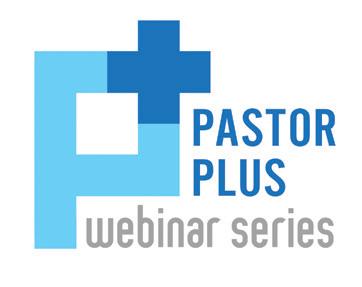
IBSA.org/leadershipdevelopment
Regional Worship Training
8/18 Logan Street, Mt. Vernon 8/20 IBSA Building, Springfield
For information on this event contact: BenJones@IBSA.org | (217) 391- 3140
28 RESOURCE SUMMER 2020 LEADERSHIP
DEVELOPMENT
The mission continues
While IBSA mission trips scheduled through Aug. 31, 2020, have been canceled due to the Coronavirus pandemic, Mobilization Director Brad Lovin said despite the cancellations, God may provide new opportunities to share the gospel across Illinois.
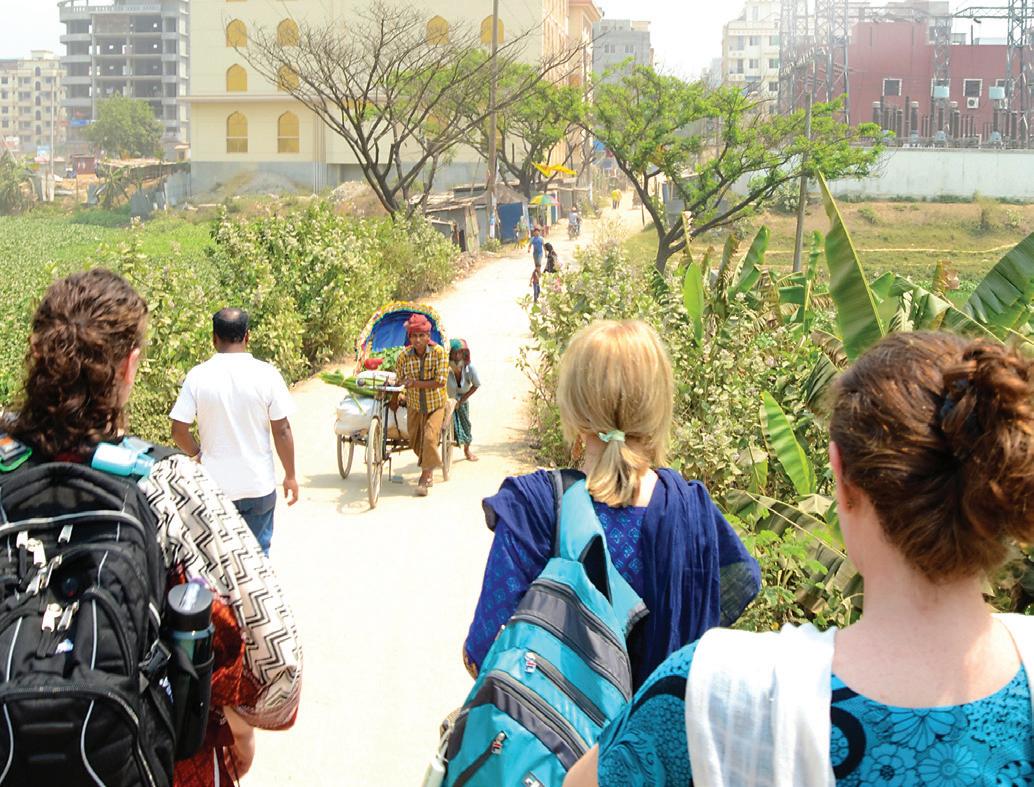
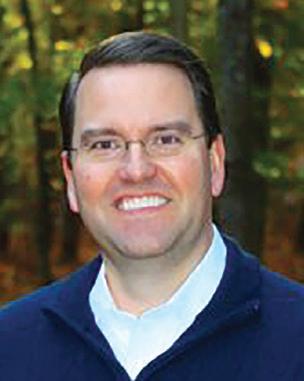
“Missional leaders in Illinois desire to be responsive to what God is doing in the midst of the pandemic,” Lovin said. “We want to be flexible to respond and minister to people from all backgrounds in our state, especially since we can impact more than 100 unreached people groups here in Illinois.”
Throughout the year, IBSA partners with churches and local associations across the state to provide a variety of missions training opportunities, plus hands-on mission projects:
Illinois Baptist Disaster Relief has more than 950 trained volunteers who serve as part of the Southern Baptist Convention’s Disaster Relief ministry, the third largest relief agency in the U.S.
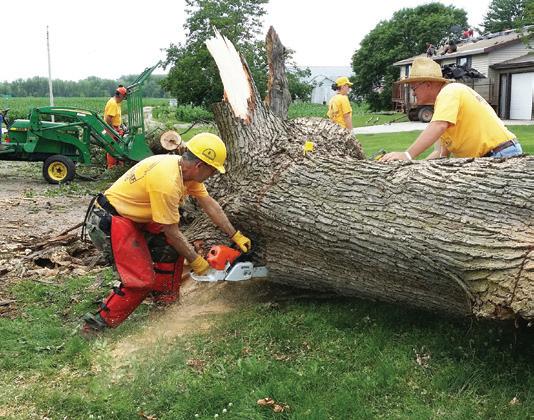
IBSA’s Church Planting Team is ready to assist your church as you pray for, partner with, or plant a new church in Illinois.
Annual missions events for kids, students, and families are designed to give Illinois Baptists simple, effective ways to help churches and communities.
The multiple training and mobilization opportunities mean Illinois Baptists are prepared to serve quickly and effectively, even when current circumstances require new or unusual methods.
“They realize that God has called us to go to Jerusalem, Judea, and Samaria, in addition to the ends of the earth,” Lovin said of missional leaders in Illinois. “In the midst of the pandemic, God may be providing an opportunity to surge missional leaders in our communities for gospel
Why should EVERY CHURCH think about revitalization?
Facilitated by Scott Foshie and special guest Rob Peters, founder of Corpus Vitae and the ReFocus process.
The word revitalize means “to give new life.” It’s easy for individual believers and whole churches to drift away from God’s plans. That’s why our Revitalization Team is here to help you seek revival and renewal. Through cohorts, webinars, individual consultations, training, and intensive retreats, the IBSA Revitalization Team will help you develop new vision for your ministry as you seek a new chapter of church health and growth. You’re not alone!
IBSA.org 29 REVITALIZATION & MOBILIZATION
E-mail ScottFoshie@IBSA.org for more information.
Contact information:
Lake Sallateeska Baptist Camp
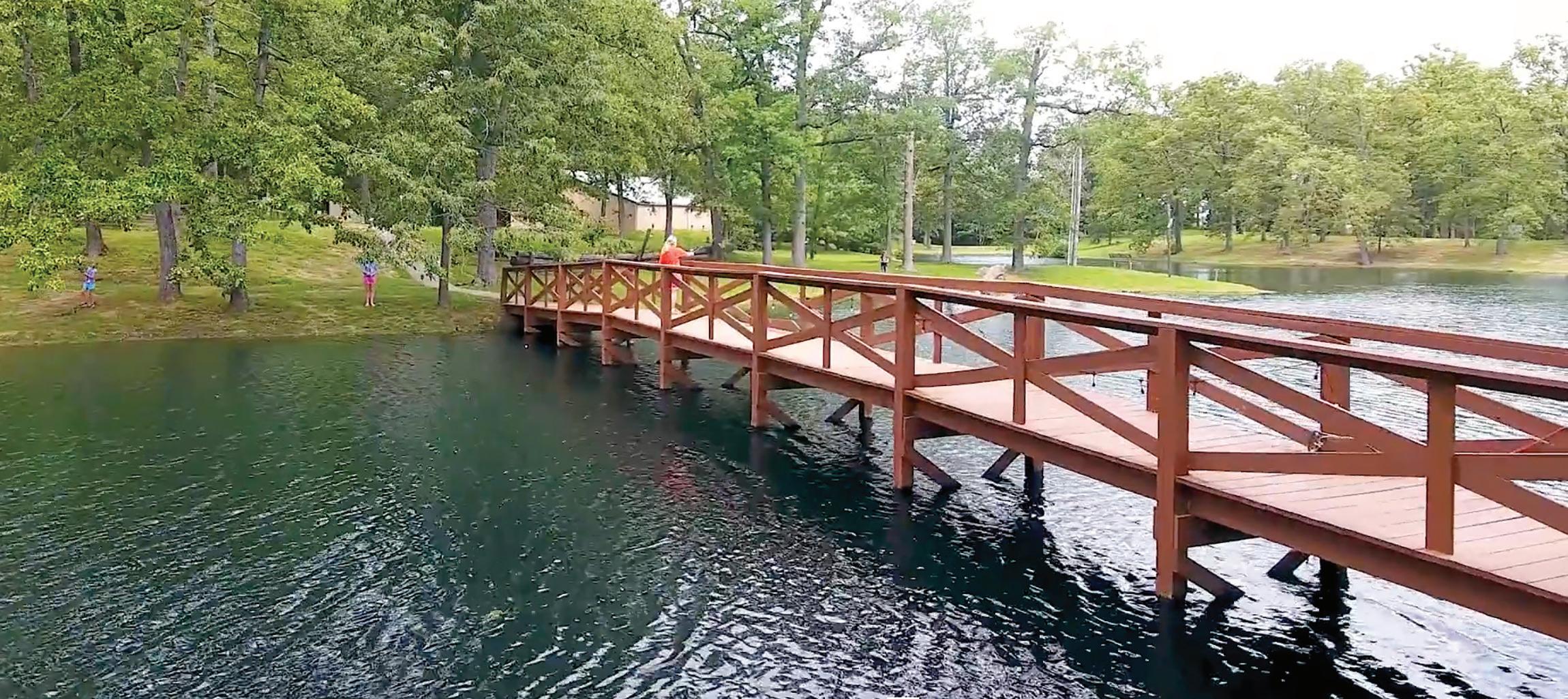
(618) 336-5272
Streator Baptist Camp
(815) 672-0084
BCHFS plans crisis pregnancy clinic
Camps support growth
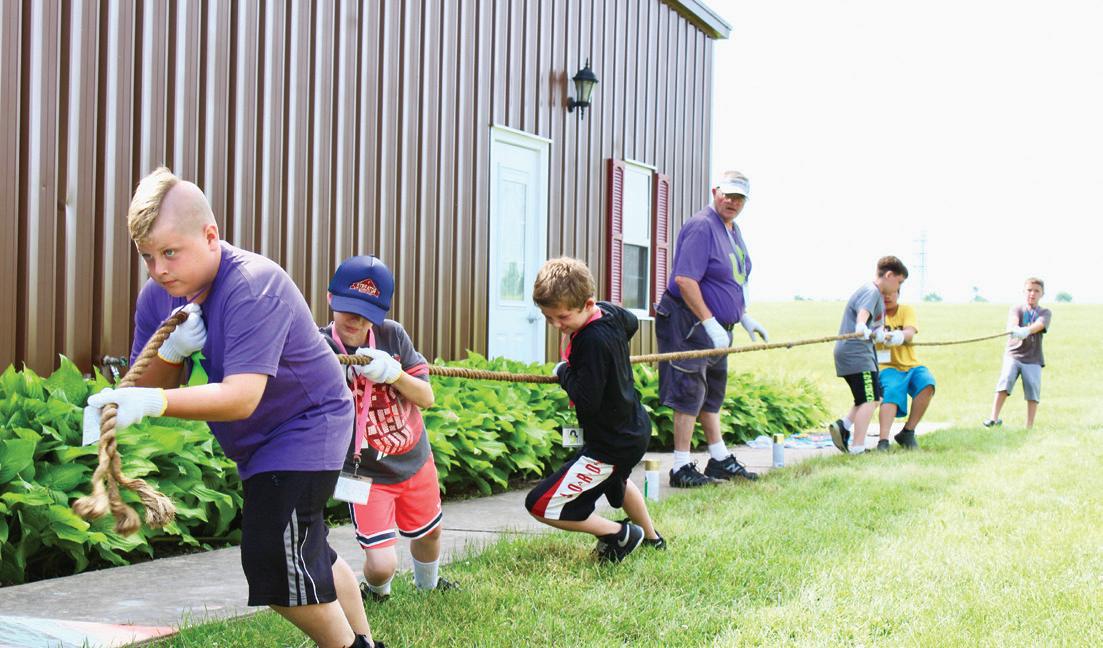
IBSA has two excellent camp facilities available for use by our churches. Located near Streator in northern Illinois and Pinckneyville in southern Illinois, these camps are set on verdant acreage, with meeting and dining halls and upgraded sleeping quarters for groups or individuals. Ideal for both students and adults, their natural surroundings make ideal sites for spiritual retreats and discipleship events.
Check online for available dates. Subject to change. IBSA.org/kids • IBSA.org/students

At the 2019 IBSA Annual Meeting, Denny Hydrick, executive director of Baptist Children’s Home and Family Services announced its intention to open a crisis pregnancy clinic.
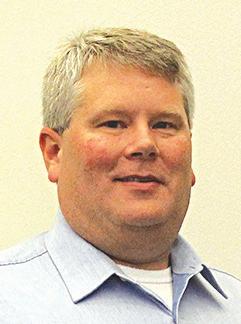
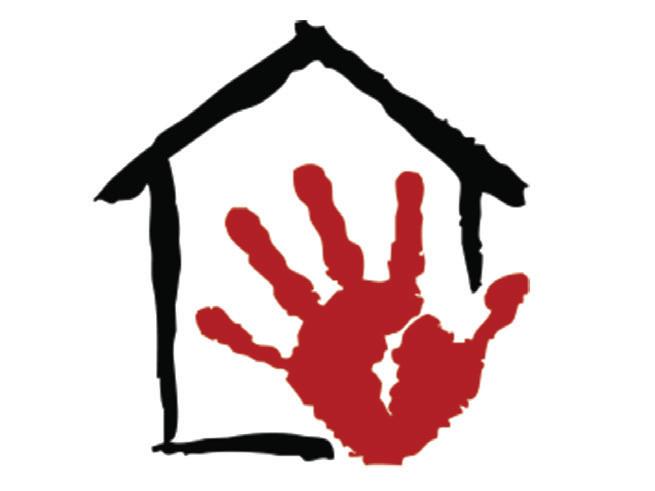
Referencing Ephesians 6:13, he shared, “We’ve been working to respond to this day of evil that has come for the unborn here in the state of Illinois. Your ministry continues to stand firm for those that cannot speak for themselves…”
Denny Hydrick
Hydrick asked Illinois Baptists to pray for what he called a “vital need and a public way to express God’s value” of life.
Administration Office 949 County Rd. 1300 N. | Carmi, IL 62821 (618) 382-4164 | BCHFS.com
30 RESOURCE SUMMER 2020 CAMPS & FACILITIES
Lake Sallateeska
Church leaves community legacy
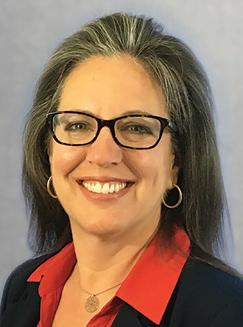
Sometimes a church enters a period of decline and finds it cannot be returned to health. When remaining church members reach such a situation, all does not have to be lost. The Baptist Foundation of Illinois’ (BFI) Church Legacy Program can bring something positive to the congregation’s end.
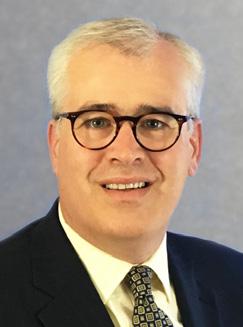
The Legacy Fund does just that—it preserves the church’s legacy. According to BFI Executive Director Doug Morrow, “God has worked there and that alone is worthy of memory and celebration. Often many decades of church members have given and supported to set aside assets for the gospel’s purpose.”
The fund also helps preserve the kingdom capital that’s been accumulated. “To date, BFI has helped the larger church hold onto almost $1,500,000 in resources that may have been lost to decay or others ‘taking advantage’ of a declining church,” Morrow said. “By holding the assets, the remaining church is stabilized, and healthy, appropriate actions can be taken without the pressure and anxiety felt by the remaining few members.”
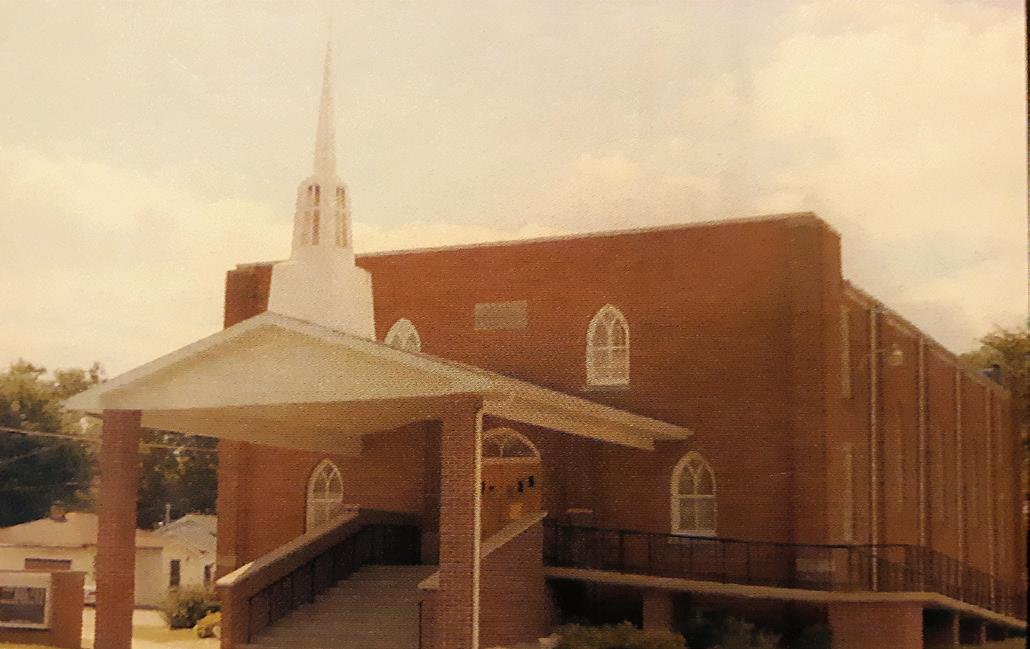

BFI helps a new church plant or established church purchase the remaining facility at an affordable price. The funds go back into the BFI Legacy Fund to support the ministry of the former church. “We help ensure property stays on the exempt tax rolls and legally is maintained as a church property,” Morrow said.
First Baptist Church of St. Elmo recently went through the Legacy Fund process. Founded in 1917, its doors closed in 2017. However, the church is still supporting the Cooperative Program, Baptist Children’s Home and Family Services, IBSA, Kaskaskia Association, St. Elmo Public Schools, and Food Pantry, plus the Fire Protection and Park Districts. In addition, its former building has become the site of another church.
IBSA.org 31 SERVICES & FACILITIES
Doug Morrow (217) 391-3102 DougMorrow@BaptistFoundationIL.org Contact the Baptist Foundation of Illinois for more information about Legacy Fund Investing Estate planning Church loans Stewardship Sheila Jessen (217) 391-3116 SheilaJessen@BaptistFoudationIL.org
Take care of yourself, pastor
The Sesame Street producers posted a video of Elmo’s father, another fluffy reddish monster of some kind, urging parents during the confinement to take moments for themselves. “Breathe,” he said, even while Elmo called “Daddy, daddy, come here” a half dozen times off screen. Elmo, always age three, needs lots of attention.

So do churches. Especially now. Churches and pastors are wrestling with real issues brought on by the current crisis. We may not have had the onslaught of funerals and hospitalizations experienced in the hot spots, but we have lost people we love. And we have felt the distance from our congregations—and responsibility for them—in this season. The mantle of ministry is weightier than ever.
I feel it myself. I’m serving an interim pastorate right now. And if Zoom meetings count (and they do), I’m having more meetings than ever. And I’m prepping and recording sermons. And I’m encouraging leaders to plan for the future. It’s all the stuff pastors usually do, but with a greater sense of urgency.
I have watched pastors take on multiple online teaching responsibilities and try to coordinate whatever community ministries are possible. And some of them are tired. I can see it in their eyes—on Facebook.
Which leads me to say, Pastor, take care of yourself.
Not to the exclusion of spouse or family or church members. But when we are running extra hard, even while others may be in an odd season of rest, we run the risk of burning out.
I find myself thinking about Jack Anders* right now. Jack was relatively a young man when he accepted the pastorate of a large established church in a popular oceanside community in Florida. The church was approaching 100 years old and so were many of its members.
Jack lived not far from where I did. We had church friends in common, so I heard about his struggle.
Jack had to perform three funerals in his first week on the job, as I recall the story now 30 years old, and pace never let up. He buried well over 100 people in just a couple of years— and it got to be too much. People wondered why Jack quit what was considered by many pastors a “plum” church—large, well-funded, agreeable, pleasant people, in a really nice town. But it got to him.
Ministry to emotionally drained people also drained him emotionally.
I won’t enumerate the list of things we should do to protect our emotional and spiritual wellbeing, except to underscore their importance. Without proper attention to these areas, we run the risk of collapse just when everyone else is emerging from hibernation.
First, breathe.
32 RESOURCE SUMMER 2020
Even youths shall faint and be weary, and young men shall fall exhausted; but they who wait for the Lord shall renew their strength...
– Isaiah 40:30-31a
– Eric Reed
– Louie Monster, courtesy of Sesame Workshop
OUR
Churches face legal issues all the time, so they need to be prepared. And when an issue arises, churches need trusted counsel.

IBSA churches will receive a discounted one-year membership for $125. (IBSA will pay the remaining $125 for each church.) Members receive legal review of their documents, online and phone access to attorneys, and representation in religious freedom cases.

ADFChurchAlliance.org

Preventing Sexual Abuse
IBSA offers a discounted rate of $150 per year (a savings of $100) for Ministry Safe’s five-part safety system on abuse prevention.


Local, churchaffiliated agents
Ministry specific products
98% customer satisfaction

Your Preferred Ministry Insurance Provider BrotherhoodMutual.net/mpp.htm

Our partners in church health, growth, and mission.
CULTURE IS CHANGING
MINISTRYSAFE.COM


Nonprofit Organization U.S. POSTAGE PAID Peoria, Illinois Permit No. 325 Illinois Baptist State Association 3085 Stevenson Drive Springfield, IL 62703 DIRECTORY Who can help in challenging times Starts on page 3
and now. Mission Illinois Offering & Week of Prayer is coming in September PLANNER Summer ministry will require creativity Starts on page 21 EQUIPPING What we learned working from home Starts on page 27
About God’s work here





























































 director.
director.















































